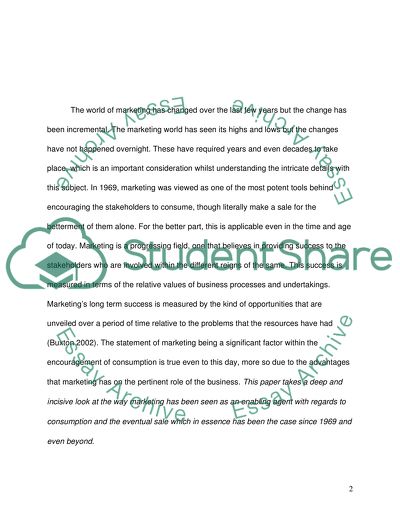Cite this document
(Analysis of Marketings Role Is to Encourage Consumption Statement Term Paper, n.d.)
Analysis of Marketings Role Is to Encourage Consumption Statement Term Paper. Retrieved from https://studentshare.org/marketing/1558707-marketings-role-is-to-encourage-consumption-lazer-19691-this-statement-is-as-true-now-as-it-was-in-1969-debate
Analysis of Marketings Role Is to Encourage Consumption Statement Term Paper. Retrieved from https://studentshare.org/marketing/1558707-marketings-role-is-to-encourage-consumption-lazer-19691-this-statement-is-as-true-now-as-it-was-in-1969-debate
(Analysis of Marketings Role Is to Encourage Consumption Statement Term Paper)
Analysis of Marketings Role Is to Encourage Consumption Statement Term Paper. https://studentshare.org/marketing/1558707-marketings-role-is-to-encourage-consumption-lazer-19691-this-statement-is-as-true-now-as-it-was-in-1969-debate.
Analysis of Marketings Role Is to Encourage Consumption Statement Term Paper. https://studentshare.org/marketing/1558707-marketings-role-is-to-encourage-consumption-lazer-19691-this-statement-is-as-true-now-as-it-was-in-1969-debate.
“Analysis of Marketings Role Is to Encourage Consumption Statement Term Paper”. https://studentshare.org/marketing/1558707-marketings-role-is-to-encourage-consumption-lazer-19691-this-statement-is-as-true-now-as-it-was-in-1969-debate.


